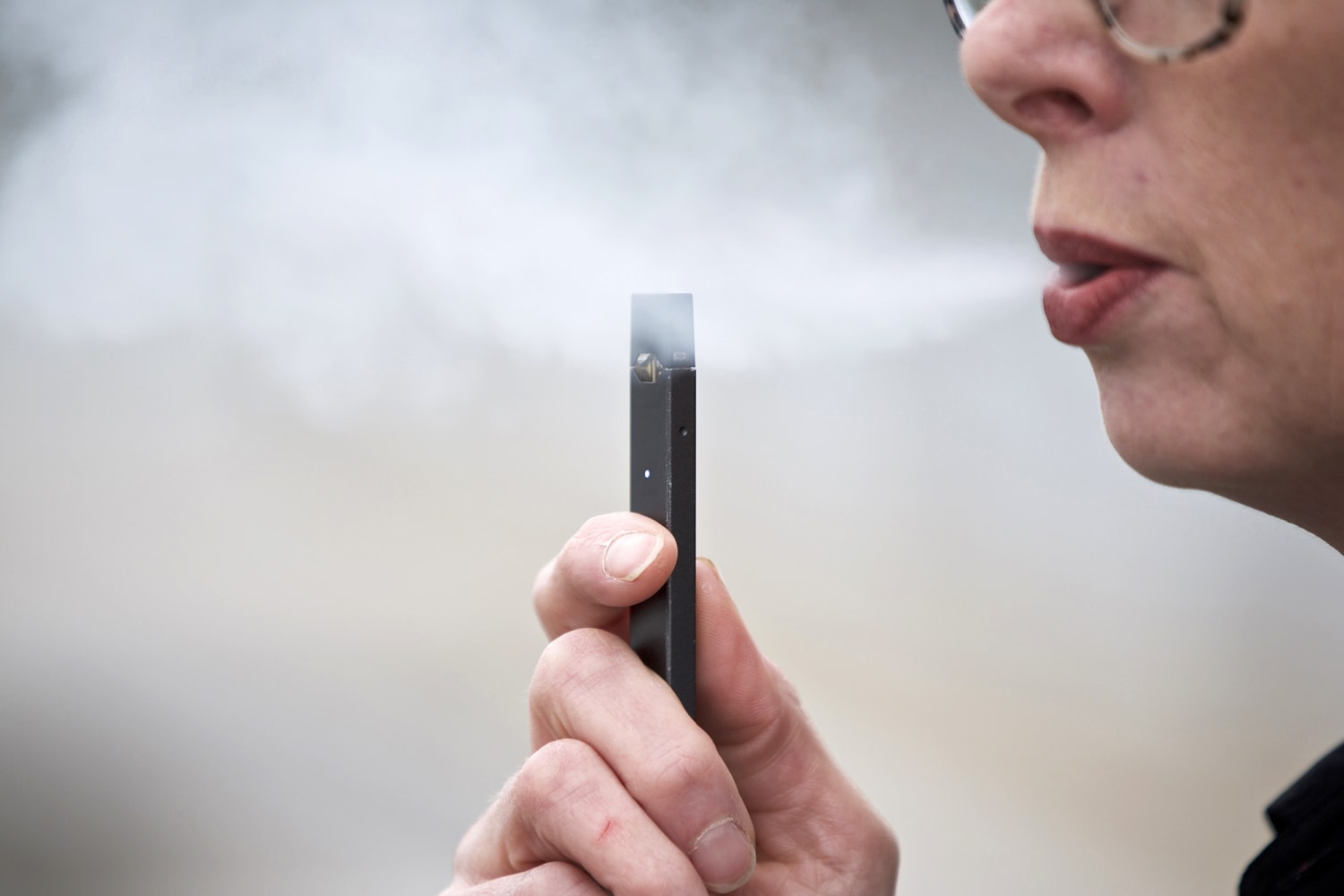
A U.S. federal appeals courtroom on Friday placed on maintain the Meals and Drug Administration’s ban on gross sales of Juul Labs Inc’s e-cigarettes, after the corporate appealed the well being company’s order and mentioned the ban would trigger it “irreparable hurt”.
The U.S. Courtroom of Appeals for the District Of Columbia Circuit mentioned the aim of the keep was to permit the courtroom adequate time to contemplate Juul’s briefing for an emergency assessment and never a ruling on the deserves of that movement.
The as soon as red-hot vape firm has additionally been working with its authorized advisers on choices that embrace a attainable chapter submitting whether it is unable to get aid from the federal government’s ban, the Wall Avenue Journal reported, citing individuals aware of the matter.
Juul’s counsel Kirkland & Ellis is advising on the contingency plans, based on the report.
The FDA mentioned on Thursday Juul failed to indicate the sale of its merchandise could be acceptable for public well being, following an almost two-year-long assessment of knowledge supplied by the corporate.
Juul, partly owned by tobacco large Altria Group Inc, mentioned it disagreed with the company’s findings.
The momentary freeze on the FDA order lasts no less than till July 12, based on the courtroom’s scheduling order.
The pause offers Juul time to argue for why the order ought to be positioned on maintain for an extended period of time pending the courtroom’s assessment of it. The D.C. Circuit can prolong the pause on the company’s order, or it may possibly let the order take impact whereas Juul’s attraction is pending.
The FDA and Juul declined to remark.
Juul mentioned the FDA’s resolution to dam gross sales of its merchandise was “extraordinary and illegal”, citing, amongst different issues, the company authorizing comparable e-cigarette merchandise made by competing producers.
BAT’s Vuse Solo was the primary e-cigarette to get the company’s clearance in October.
Juul additionally mentioned the FDA’s ban was a departure from the company’s regular practices, which usually contain permitting a transitional interval, and questioned the company’s “immense political stress from Congress”.
Reuters reporting by Deborah Sophia and Uday Sampath in Bengaluru; Reuters enhancing by Shinjini Ganguli, Maju Samuel and Shounak Dasgupta.
